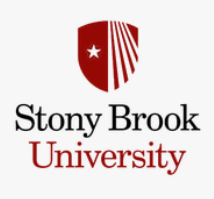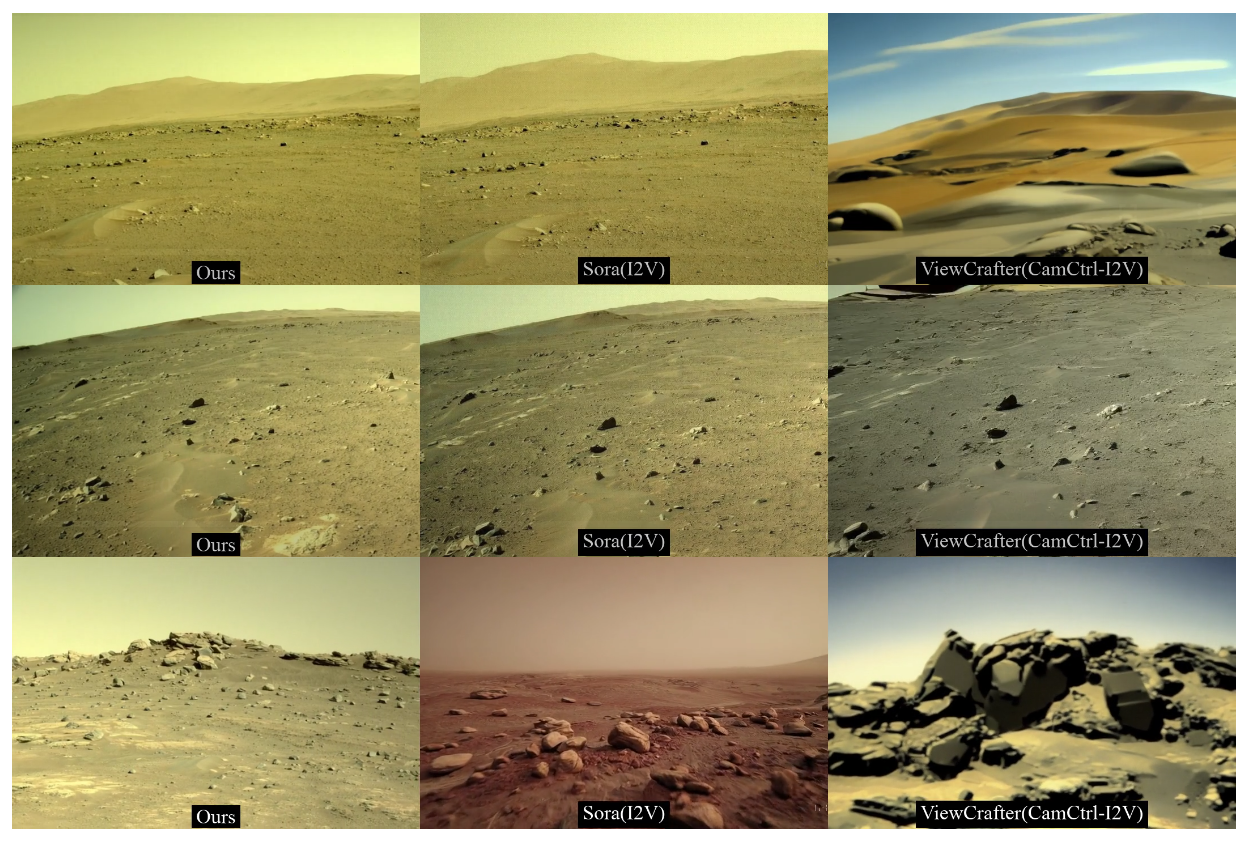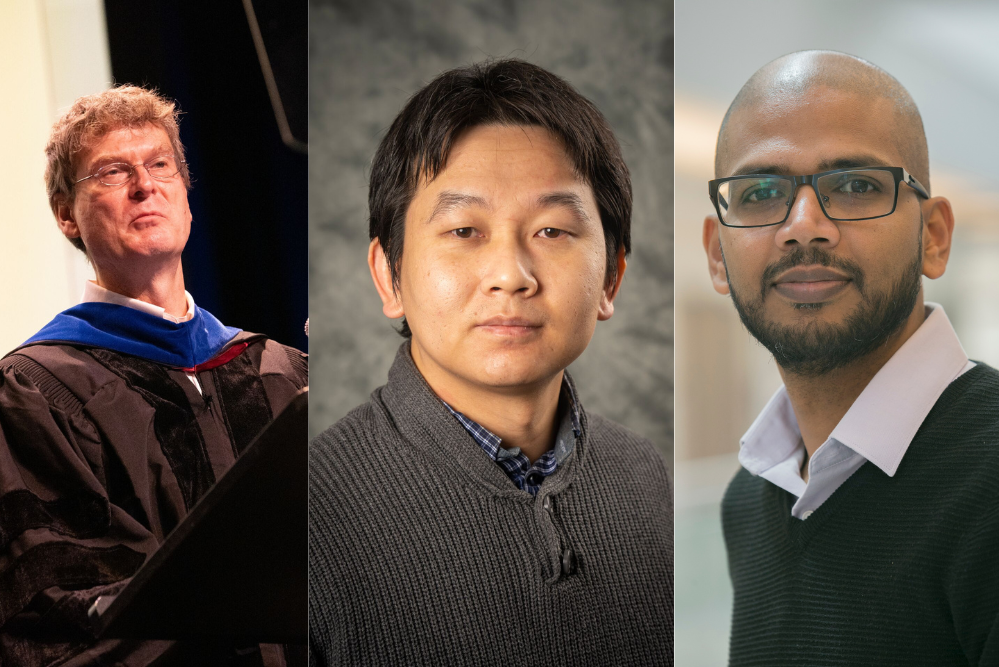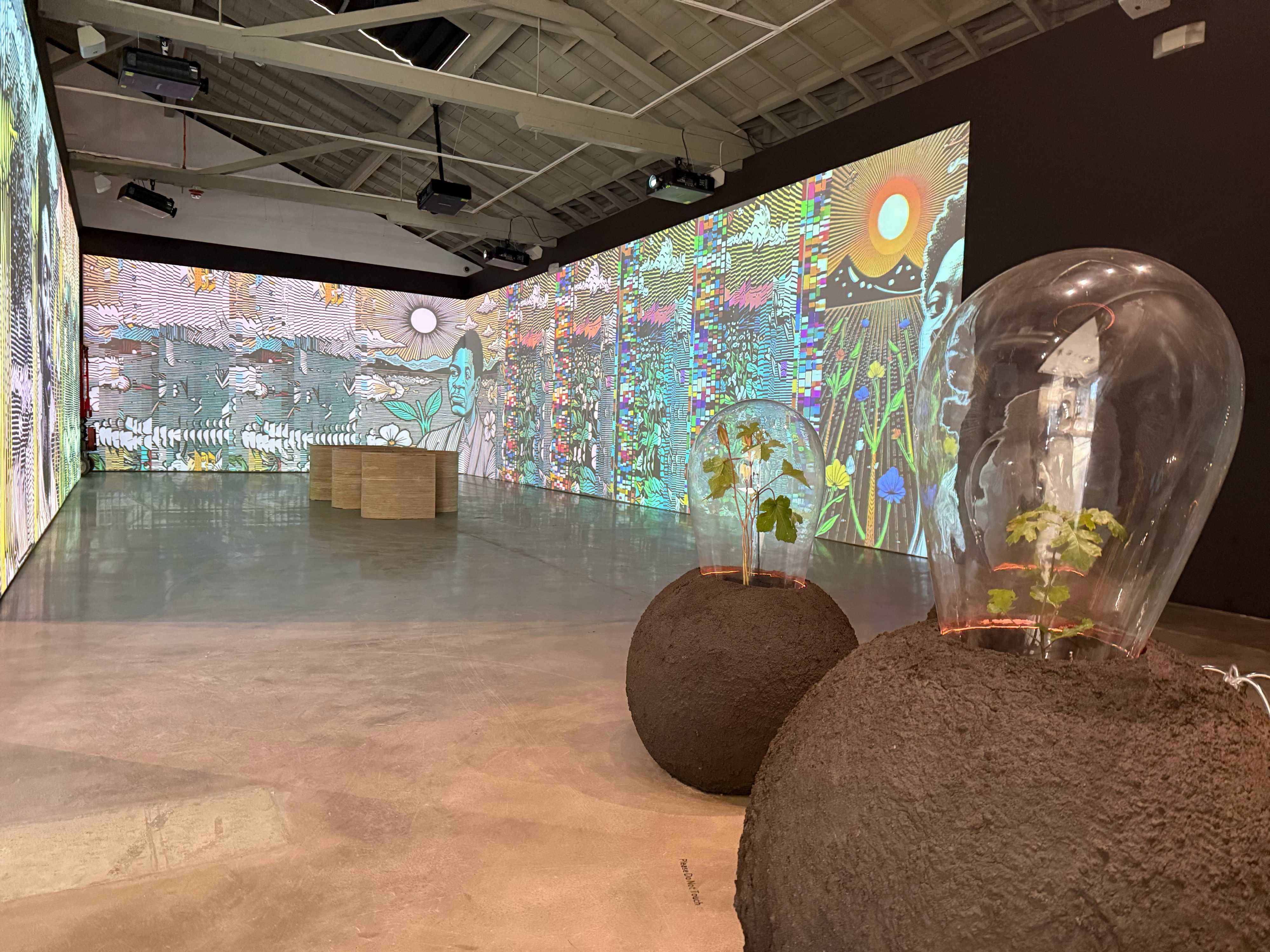Readers of texts created to use the styles of famous authors prefer works written by AI to human-written imitations, but only after developers fine-tune AI models to understand an author’s output. This finding, academics argue, means the courts need to rethink assumptions about allowing AI training on authors' works as a fair use exception to copyright liability.
Staff Email
Staff Location
NCS 268 Stony Brook, NY 11794-2424
Position
Director
Telephone
631-632-1818
Staff Image
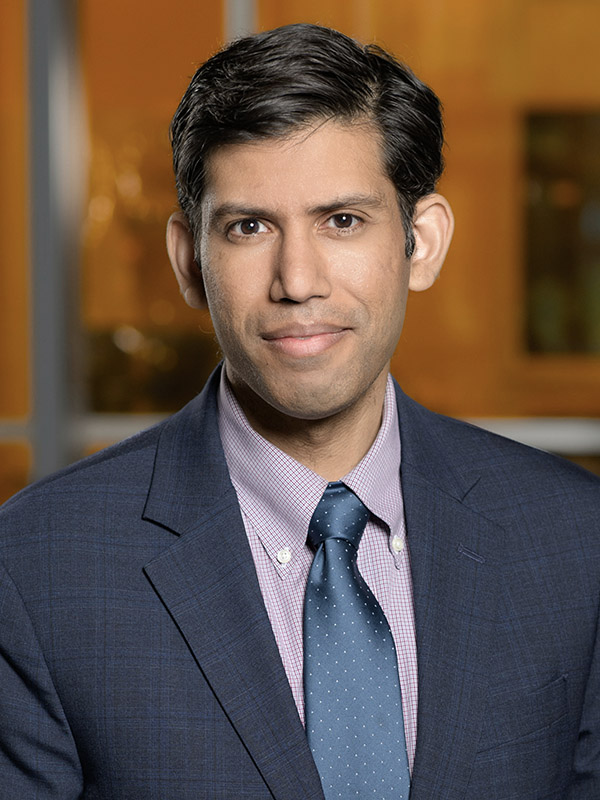
Weight
103
Staff Department
AI Innovation Institute
Staff Protected Email
lav.varshney@stonybrook.edu


